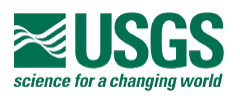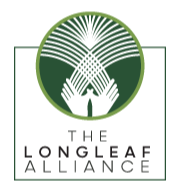Crabtree Swamp Habitat Restoration
The restoration of Crabtree Swamp is an innovative, "first of its kind" project, in which a previously channelized drainage basin is being returned to a blackwater hardwood swamp in which the floodplain is being recreated via earthmoving and replanting into functional habitat for fish, invertebrates and other wildlife. To match resources, the restoration project has been subdivided into 10 reaches.
The importance to the Resource
Crabtree Swamp,a third-order tidal stream,is a major tributary to the Waccamaw River.This River lies within the Pee Dee Watershed and flows into Winyah Bay. This is the third largest estuarine watershed on the Atlantic coast.
The problem:
To prevent and control flooding, USACE dredged a canal through 6 miles of Crabtree Swamp in 1964.This resulted in unstable levee system which isolated the remaining flood plain, increased the rate of water flow, eliminated habitat and spawning grounds of native and anadromous fish species, and permitted imasive planted species to dominate.
The objective:
Completing the entire project will restore 3.4 mi of stream and reconnect 100+ acres of hardwood swamp to the main water flow of Crabtree Swamp. This provides habitat for fish including spawning grounds for anadromous species as well as in-..ertebrates and birds. The area will be used as a recreational and educational amenity for the local citizenry.
The method:
The restoration of each reach involves removal of the existing dredged berm from the sides of the canal and lowering of the banks to restore the flood plain and access to the remaining floodplains where are still in relatively good shape and rev-egetation of all disturbed areas with native trees, shrubs and aquatic plants.
Wetland restoration, instream restoration
| Project ID | 011 |
|---|


























